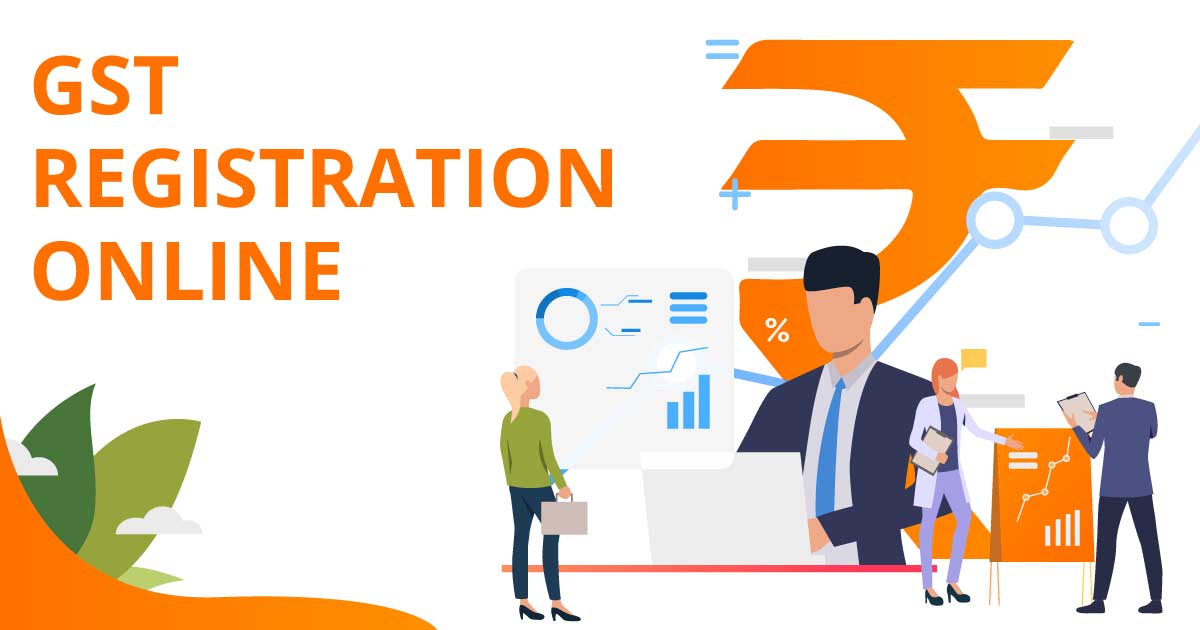Comprehensive Guide to the most effective GST Registration Services in Singapore
Comprehensive Guide to the most effective GST Registration Services in Singapore
Blog Article
From Start to End Up: The Ultimate Roadmap to GST Enrollment for Services Looking For Financial Stability
Navigating the complexities of Goods and Services Tax (GST) registration is a vital step for organizations aiming for monetary security. Damaging down the roadmap right into manageable actions can enhance the registration trip for organizations looking to boost their monetary standing.
Comprehending GST Basics
Diving right into the fundamental principles of Item and Services Tax (GST) is crucial for acquiring a comprehensive understanding of its ramifications on organizations and the economy. Input Tax Obligation Credit Scores (ITC) is a substantial feature of GST, allowing companies to claim credit history for taxes paid on inputs, decreasing the overall tax obligation problem. Comprehending the essentials of GST is vital for services to comply with tax policies, manage their financial resources effectively, and add to the country's economic growth by participating in a transparent tax system.
Eligibility Standards for Enrollment
To sign up for GST, organizations must satisfy particular eligibility criteria established by the government. The primary eligibility need is that any kind of service associated with the supply of items or solutions with a yearly aggregate turnover above the threshold restriction established by the authorities need to register for GST. As of the present policies, the threshold limit for GST registration is an annual aggregate turn over of 40 lakhs for services running within a state, besides special classification states where the restriction is 20 lakhs. In addition, specific services are needed to sign up for GST irrespective of their turn over, such as interstate suppliers, informal taxed individuals, and companies liable to pay tax obligation under the reverse cost device. It is critical for services to thoroughly assess their turnover and purchase types to establish their GST registration obligations accurately. Failing to sign up for GST when eligible can bring about penalties and lawful repercussions, making it essential for services to stick to the specified qualification requirements.
Papers Required for Enrollment
Having satisfied the eligibility standards for GST enrollment, organizations must now ensure they have the requisite papers in location to wage the enrollment procedure successfully. The records required for GST registration typically include evidence of company constitution, such as collaboration act, enrollment certification, or incorporation certificate for different kinds of services. In addition, services require to provide files establishing the primary location of service, such as a rental agreement or electricity bill. PAN card of the business, as well as the identification and address evidence of promoters/partners/directors, are essential for confirmation functions. Financial institution account statements, along with terminated cheques or a duplicate of the bank passbook, are needed to validate the monetary details offered throughout enrollment. Businesses must have digital trademarks prepared for the accredited signature. Making certain all these papers are organized and easily offered will expedite the GST enrollment process, enabling businesses to comply with tax obligation guidelines flawlessly.
Step-by-Step Enrollment Process
Starting the GST registration procedure involves a collection of organized steps to make certain a compliant and seamless enrollment for services. The initial step is to go to the GST website and submit the registration type with precise details of business entity. Following this, the applicant obtains a Short-term Referral Number (TRN) visit the site which is utilized to return to the application procedure if it's not finished in one useful reference go.
Following, all called for records as per the checklist offered by the GST portal requirement to be posted. These files generally include evidence of service enrollment, address and identity proofs of promoters, financial declarations, and organization entity's PAN card.

Post-Registration Conformity Guidelines

Conclusion
To conclude, companies seeking financial security has to understand the essentials of GST, satisfy eligibility criteria, collect essential files, comply with the step-by-step registration procedure, and adhere to post-registration guidelines - Best GST registration services in Singapore. By sticking to these steps, companies can make sure compliance with tax laws and keep monetary security over time
Furthermore, specific businesses are called for to sign up for GST irrespective of their turnover, such as interstate distributors, laid-back taxable persons, and companies liable to pay tax obligation under the reverse charge device.Having met the eligibility standards for GST registration, businesses must currently ensure they have the requisite documents in location to continue with the registration process effectively. The papers required for GST enrollment typically include evidence of business constitution, such as partnership action, registration certification, or unification certificate for various types of businesses. Furthermore, companies require to supply documents establishing the major area of business, such as a rental agreement or power bill.Beginning the GST enrollment procedure includes a collection of structured steps to ensure a seamless and compliant enrollment for services.
Report this page